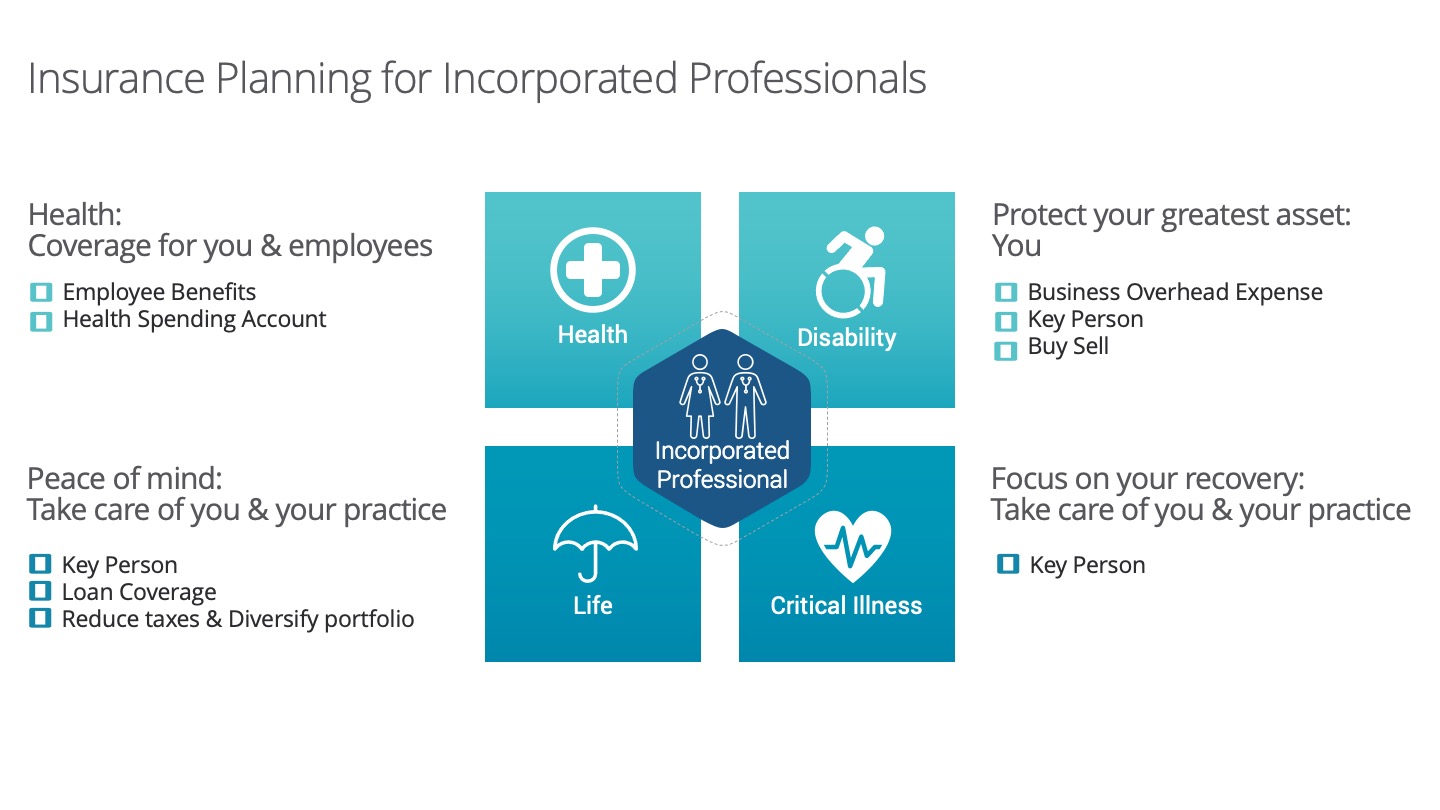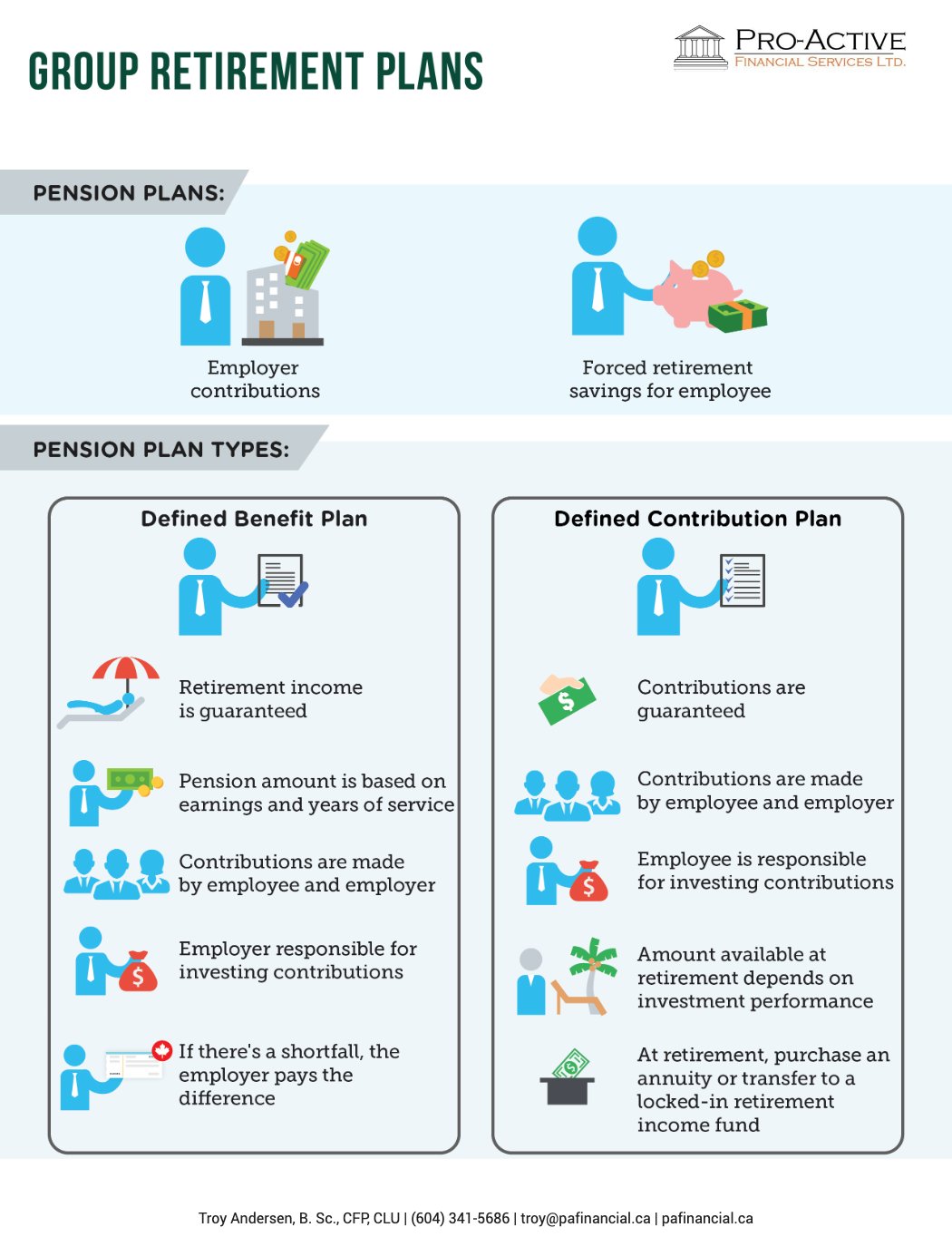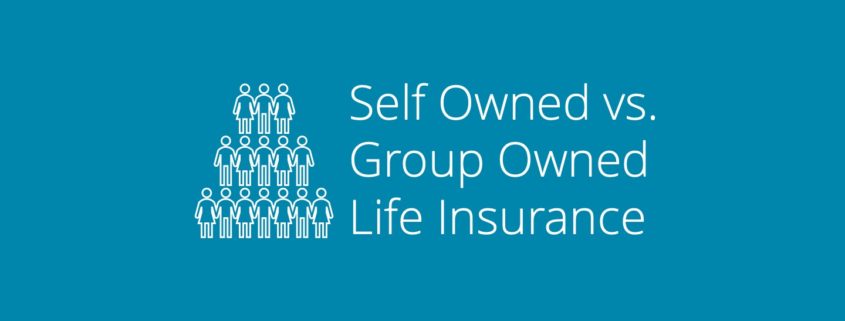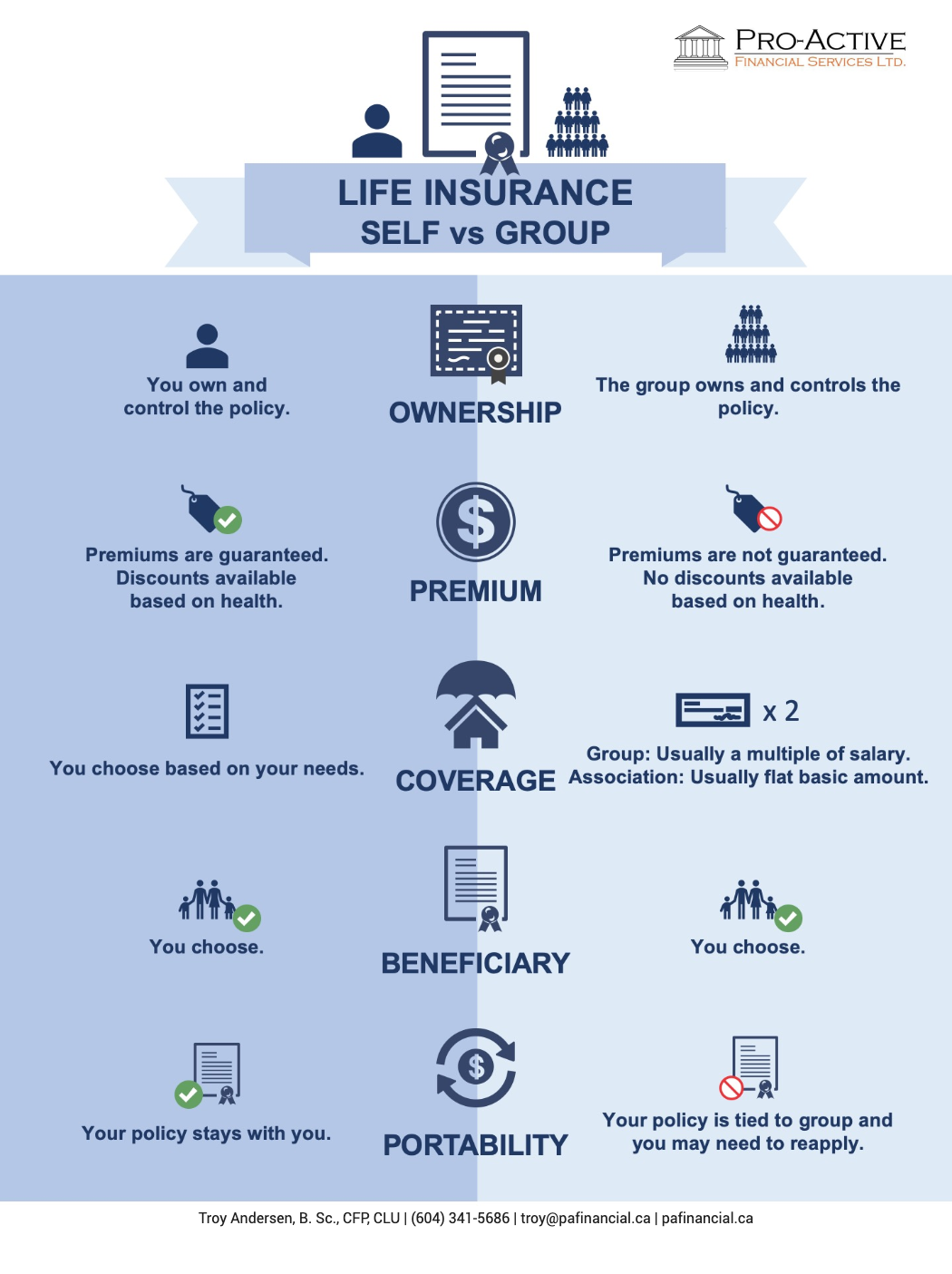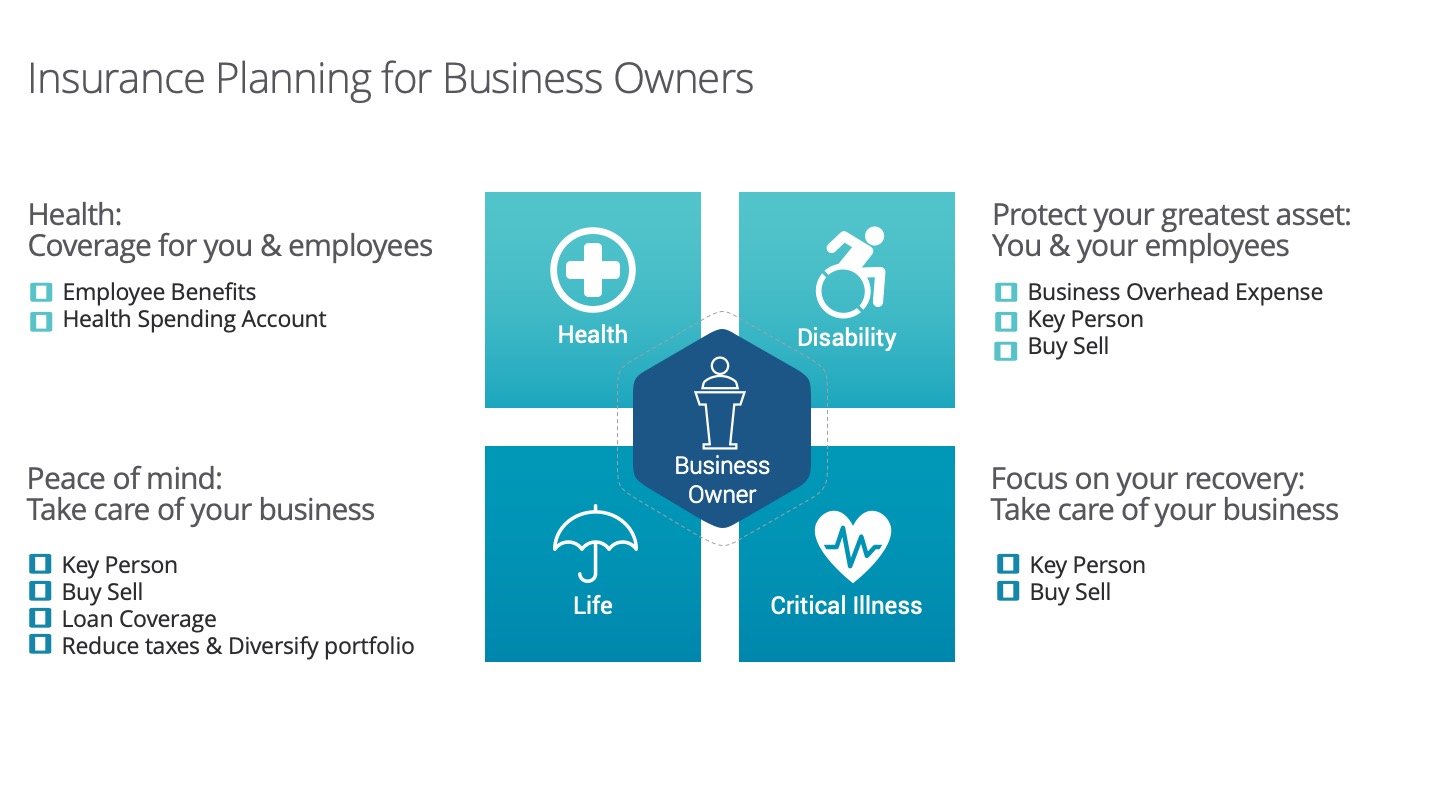The Benefits of Working With An Employee Benefits Specialist
We understand that when looking for employee benefits, you’re looking to do so cost-effectively. But it’s essential to make sure you work with an employee benefits specialist, no matter what the price tag is on your benefits package.
We’ll explain how an employee benefits specialist differs from a generalist and why working with an employee benefits specialist is so important.
How does an employee benefits specialist differ from a generalist?
You may have approached financial advisors who can handle various tasks, such as selling you insurance products, investments, and employee benefits. However, this kind of financial advisor would be considered a generalist, and they lack in-depth knowledge of how complex employee benefits can be.
An employee benefits specialist is the opposite of a generalist. They are licensed advisors who have dedicated their practice to employee benefits. Employee benefits specialist prides themselves on understanding all the nuances associated with employee benefits. A specialist undergoes further training and acquires in-depth knowledge about employee benefits.
Why is it essential to work with an employee benefits specialist?
Employee benefits plans are complex, and your business could be at risk if your employee benefits program isn’t administered correctly. As you know, employee benefits form a part of an employee’s compensation package.
These are the benefits of working with an employee benefits specialist:
- We help provide the best employee benefits suited for you and your business.
- We provide a smooth employee enrollment program so your employee saves time.
- We help your employees with questions about their employee benefits program.
- We educate your employees about how the benefits program works for them.
- We know how to deal with complicated benefits claims.
- We can explain how to reduce the risk of any liabilities associated with offering employee benefits programs—for example, offering mandatory enrollment versus voluntary enrollment in a benefits program. You can run into issues with voluntary enrollment if your enrollment level is below the required threshold.
- We can explain how your benefits program can work for different employment situations, such as seasonal and contract workers.
The bottom line is that working with an employee benefits specialist means you’ll have access to a well-designed and administered benefits plan.
How can I get started working with an employee benefits specialist?
Ready to make a move to working with an employee benefits specialist? We’re here to help you get the benefits program to attract and retain employees. Call us today to get started!
Video link: https://vimeo.com/770504723/50ba274537




